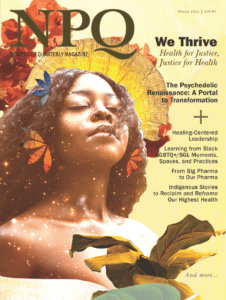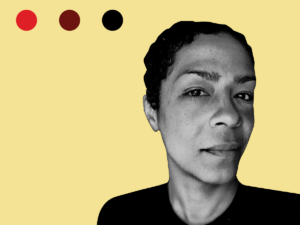
September 15, 2020; Rolling Stone
Even in the run-up to the November election, a not-so-new revelation about what moves people to vote emerges out of an experiment by People’s Action, a progressive 501c4 network, across a number of battleground states. They found strong results came from actually talking with people, even those who do not agree with you, finding points of human connection, even if by phone, during these times of COVID.
Reporting on a study to be released today, Andy Kroll, the Washington, DC bureau chief for Rolling Stone, reveals that the study, performed by political science professors David Brockman and Josh Kalla in partnership with People’s Action, led to a 3.1-point swing on average in favor of former Vice President Joe Biden, a 5.0-point swing for independents, and an 8.5 swing for independent women.
Those are very good numbers, he writes, put up against the minuscule effects of more common campaign persuasion tactics, such as door-to-door canvassing or phone banking, which have been shown to have almost no effect in changing voters’ opinions.
Sign up for our free newsletters
Subscribe to NPQ's newsletters to have our top stories delivered directly to your inbox.
By signing up, you agree to our privacy policy and terms of use, and to receive messages from NPQ and our partners.
George Goehl, director of People’s Action, tells Rolling Stone:
This is evidence that engaging people in a meaningful conversation is much more effective than throwing facts, arguments, or messages at them. I think that quality of conversation—one based on curiosity and compassion—can shift elections, yes, but also holds some lessons for how we might more fully come together as a country.
This experiment applies lessons in an electoral setting learned from experiments in issue organizing with deep canvassing as applied to transgender rights, universal health care, undocumented immigration, and criminal justice reform. The group made 700 phone calls to voters in Michigan, Minnesota, New Hampshire, North Carolina, Pennsylvania, and Wisconsin, and based on the results People’s Action has a goal to make another 350,000 calls between now and November’s election, focusing most strongly on independent women voters.
“For too long, our politics have been run by fancy consultants on the coasts narrowing our politics down to the most persuasive sound bite they could possibly capture in the moment,” says Elianne Farhat, executive director of TakeAction Minnesota, one of People’s Action’s partners in this summer’s experiment. “That type of politics is a real disservice to our people and to the democracy we want to live in. Putting this type of tactic back at the center, deep conversation that shares stories and connects people across their differences, is the thing that we need in our country at this moment.”—Ruth McCambridge












